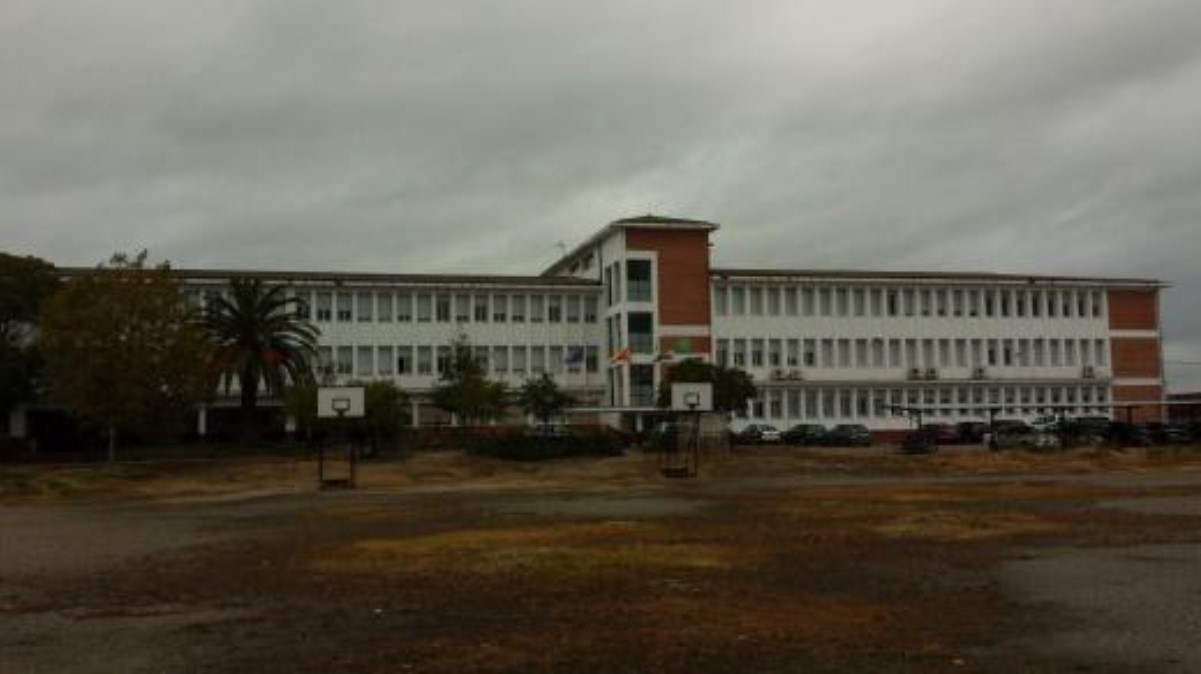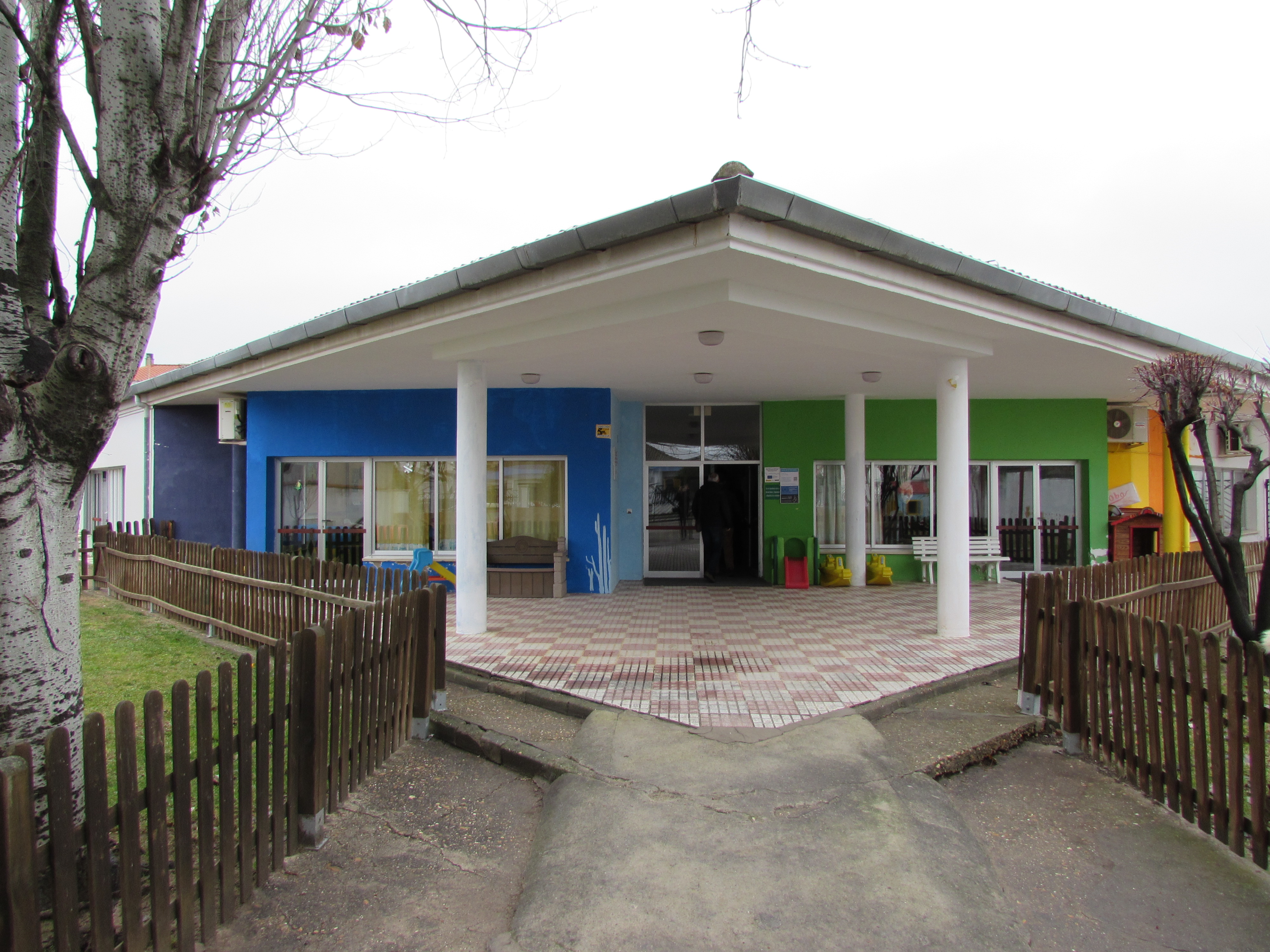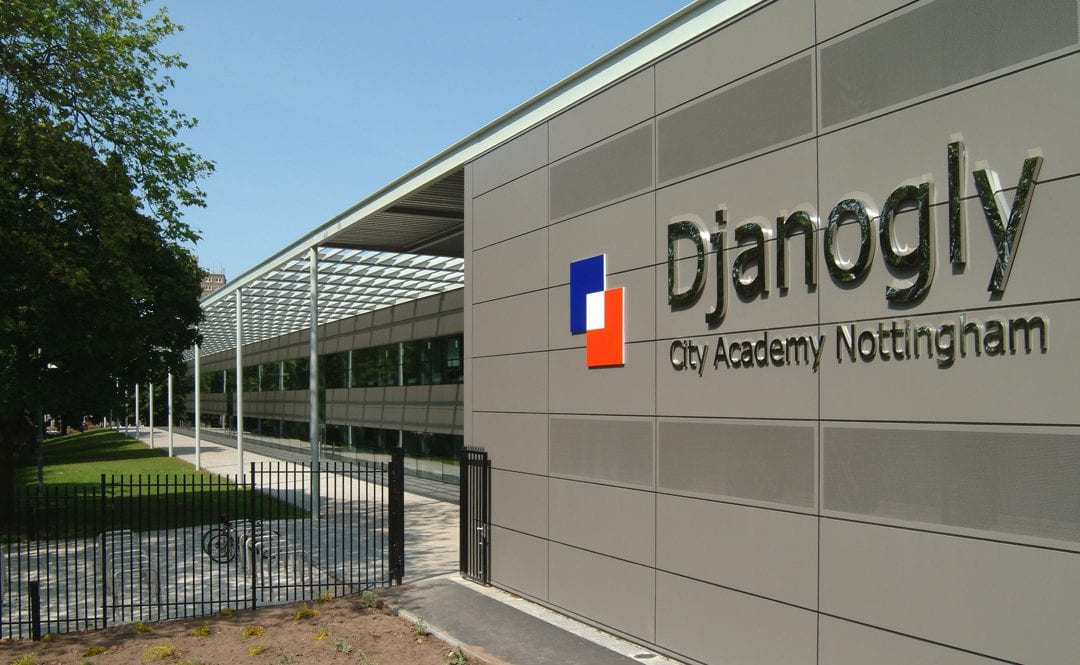
Schools are very crowded places where people have different ages, roles, knowledge about energy and different levels of interest in changing their energy behaviour. Therefore eTEACHER will use tailored strategies to produce the expected behavioural change. A representative number of students and teacher will be approach by involving them in games or training sessions. The project will take place in 3 different kind of schools:
- A nursery school, with children from 4 months until 3 years of age
- A bilingual State Secondary school
- An Academic Secondary school
Target:
► Students, who do not care about energy because of a lack of knowledge, interest and commitment
► Teachers, who are not focused on energy but on other tasks
► Facility managers, that have a lack of detailed information about the energy system
eTEACHER schools in numbers
1400
End-users approached
15-30%
Percentage of expected acceptance
420
Number of expected changes

State Secondary School “Torrente Ballester”
Miajadas, Spain
Type of school:State secondary school - bilingual
N° of buildings:1
Area:5307 m²
N° of floors:3
N° of occupants:750
Energy system:Electricity and diesel fuel
The State Secondary School “Torrente Ballester” in Miajadas, Spain, shelters students in the 2nd phase of National Obligatory Education from the town and surroundings. The building was built in 1965 and it is symmetric with rectangular shape that guarantees natural lightning in all classrooms.

Nursery School “Arco Iris”
Miajadas, Spain
Type of school:Miajadas, Spain
N° of buildings:1
Area:905m²
N° of floors:1
N° of occupants:120
Energy system:Electricity and diesel fuel
The Nursery School “Arco Iris” in Miajadas, Spain, was built in 1976 and is surrounded by an extensive garden. The nursery is for children from 0 to 3 years old.

Djanogly City Academy
Nottingham, UK
Type of school:Academy secondary school
N° of buildings:1
Area:9163m²
N° of floors:2
N° of occupants:800
Energy system:Gas and electricity
The “Djanogly City Academy” is a school with space for over 800 students. Despite the Academy’s inner-city location and close proximity to a major road, the site is dominated by green space. The building is on the edge of Forest Recreation Ground, which once formed part of the ancient Sherwood Forest, and to the rear of the Academy, the former school was demolished to create playing fields. The Academy’s design exploits this natural setting, with full height glazing to draw the landscape into the building and wide terraces, sheltered by a canopy of brisesoleil.
A simple rectangle on plan, the teaching spaces extend from a long central atrium, bounded at each end by double-height spaces, containing a restaurant, entrance hall, library and internet café. Breaking down the scale of the Academy into three ‘houses’, the elevated balconies define self-contained units, each with its own resource area and staff room. The theatre and sports facilities are grouped together in the east of the building, away from the teaching areas, to allow easy out-of-hours use by the local community. Classroom doors are glazed and an installation of coloured panels by artist, Sophie Smallhorn runs through the main circulation route, between each structural bay. The steel frame encloses a glass facade and internal walls are non load-bearing, so can be moved in future to suit changing requirements.



